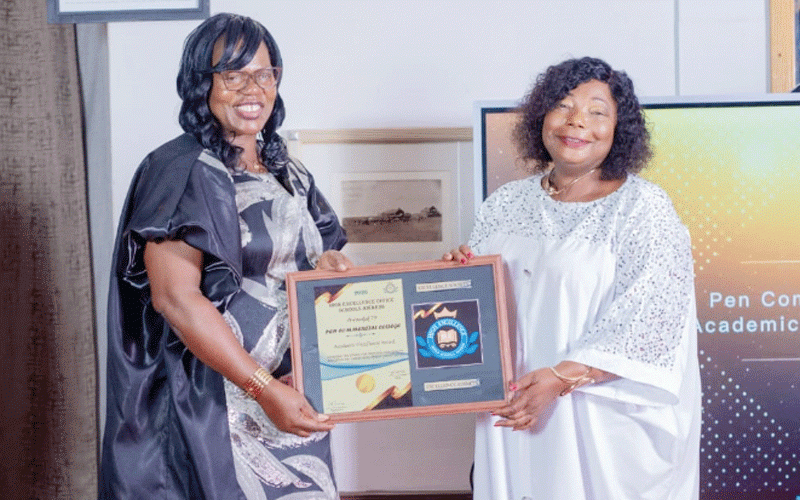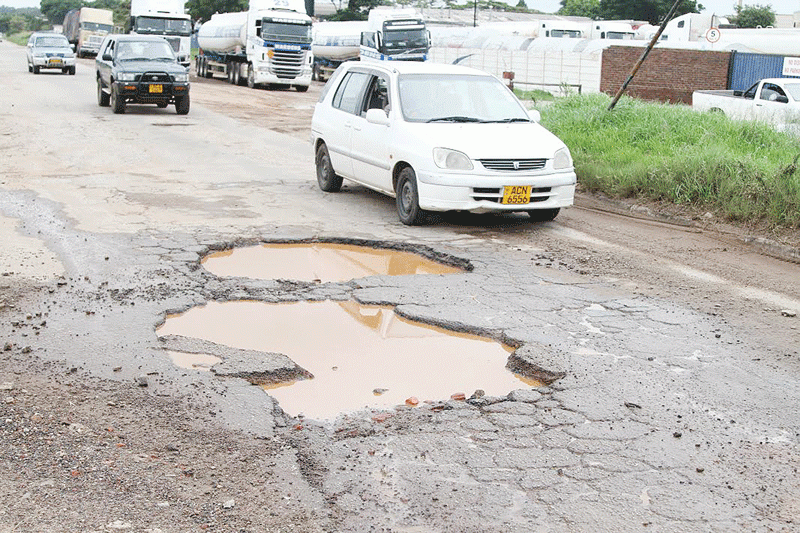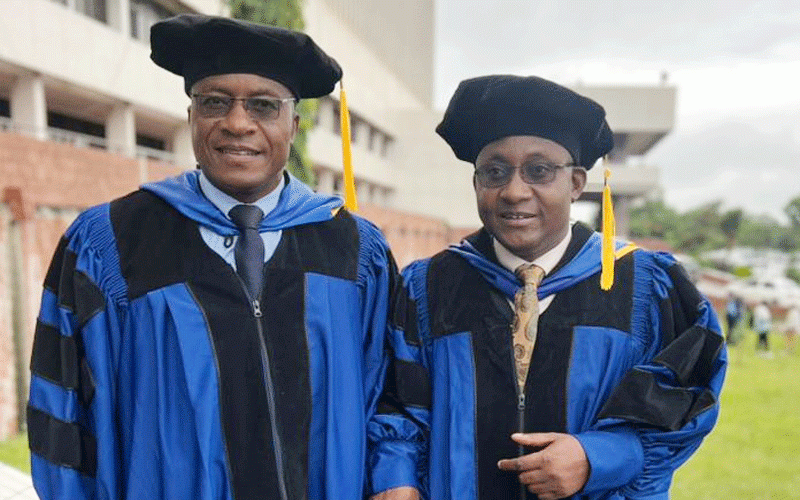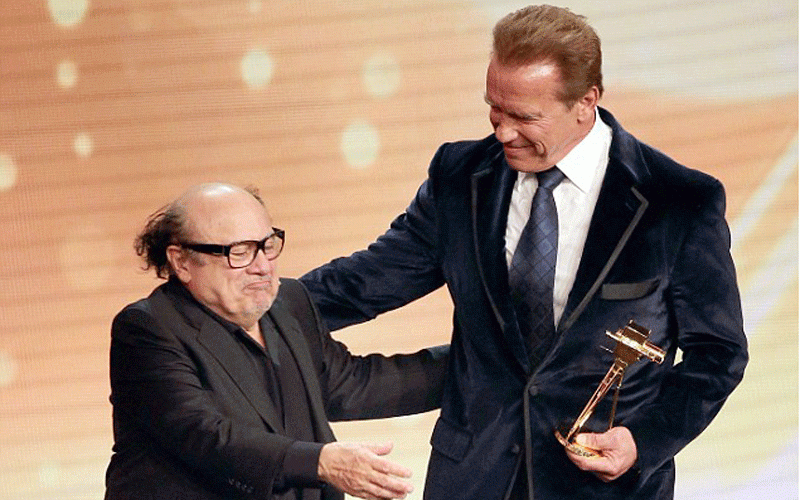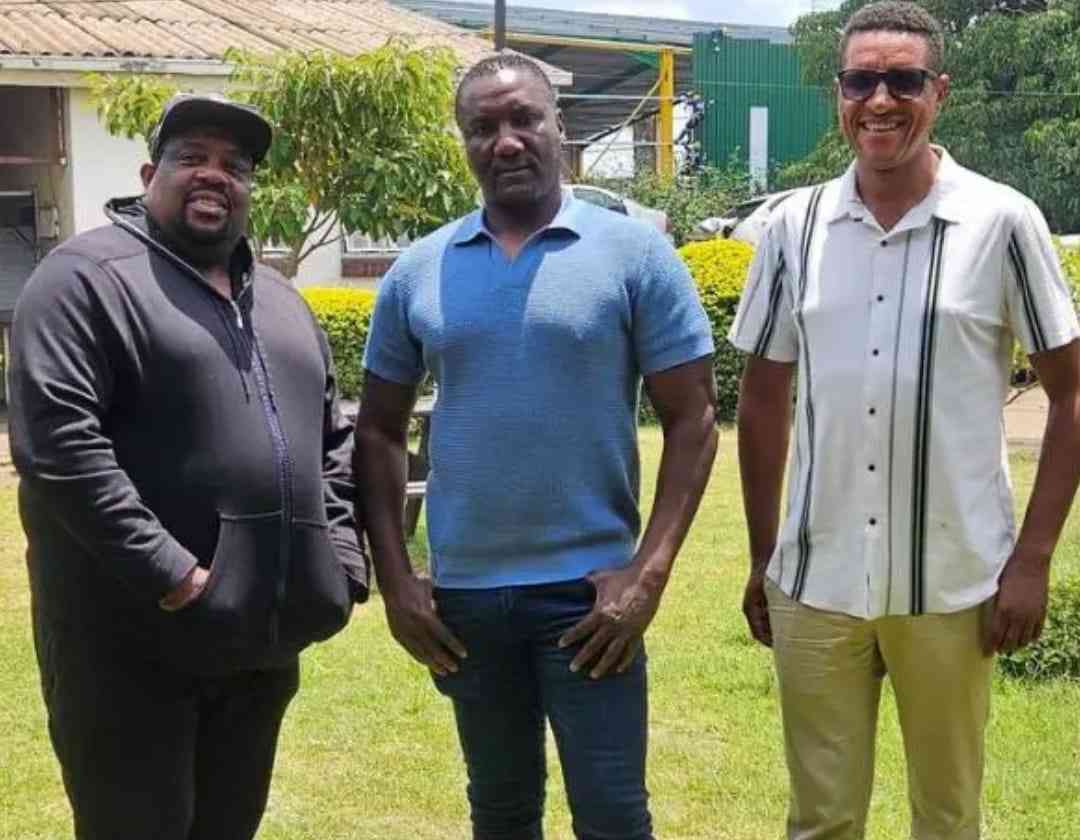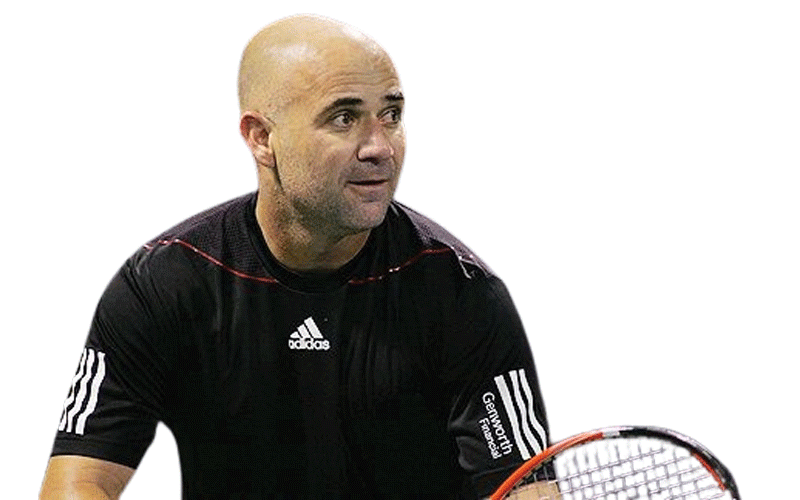
A young man had just played his heart out in an enthralling school rugby match and played an absolute blinder – he had scored tries, which he also personally converted; he had scored penalties; he had entered the line effectively and broken the opposition defence to set up other tries; he had held his position defensively again and again as the opposition made charge after charge; he had gathered cleanly high balls kicked into his areabefore passing the ball wisely to supporting teammates.
If ever there was a dream match, this was his. As he came off the pitch, pleased with his efforts, he was greeted by his father whose first (and only) words were, “Why did you miss that tackle?”Oh, gee, thanks, Dad!
Another child, who had struggled with her studies, had really tried hard to learn for a test in the subject she found so difficult and was a little apprehensive though hopeful as she waited to get her work back.
She thought she had done better than usual but did not want to hope too much.
When the teacher handed back the work, the young girl paused, breathed in deeply and looked at her mark before breaking out into an enormous smile – nineteen out of twenty!
She could not believe it! She was thrilled, overjoyed, ecstatic, delighted. She went home that day with a spring in her step and excitement in her heart, bounded in the door and announced proudly to her mother before even offering a greeting, “Mum, I got nineteen out of twenty in that test!” Imagine her feeling when her mother responded, “That’s nice, dear, but why did you get that one question wrong?”
Andre Agassi, the winner of eight Grand Slam tennis titles on all surfaces, was pushed and pushed by his father as a young child to train harder and to do better to the extent that the young boy (his word) the game and himself.
He is quoted as saying that his father’s mood “depended on whether I trained well or badly, whether I won or lost” which put the fear into him.
- Finding fault is our default
Keep Reading
It was the same as a cartoon that showed a father kneeling down to his sporting son’s level and saying “Of course, daddy loves you – as long as you win!” That, however, is no joke, no laughing matter. It is, though, a sad reality. Our natural default position, it seems, is to find fault in others.
It is so easy to find fault in others - after all, we all see ourselves as experts, or at least expert critics. We know what others should do, even if we do not do it ourselves. It is so easy and quick yet ultimately destructive.
If someone stands on a chair, it is easier for us to pull him down than for him to pull us up. It takes a few minutes to chop a tree down but it takes years for a tree to grow.
Our clothes can get soaked in a second but it can take a long time for them to dry. A word of negativity can take years to be cancelled and turned around, all the more so when there was reason to give praise. We need to praise the positives rather than find the faults.
Yet, our default position is to find fault; we inspect rather than inspire. We deflate and therefore define our children by how we respond and react to their behaviour, actions or words; they lose all confidence and any desire to try harder as they know that whatever they do, they will get an earful. We come out with “I knew you were going to fail” or accuse “You didn’t work hard enough” when the child is already down and defeated.If anything, we should be asking of our child, “So, how do you feel you played?”– let them reflect on their performance.
The inspiration can then lead to healthy, constructive, personal introspection rather than the extreme,exterior exposition of faults.
Some might argue that the treatment Agassi’s father gave his son did eventually work but do the ends justify the means and is there any knowing whether he would have turned out any different (better or worse) if he had not been pushed in such a way?
Maybe we as parents (and indeed teachers) need to heed the warning that “he who is without sin can throw the first stone” – it is an important place to start.
As parents (and teachers), we become very judgmental of our children and often we have no claim to be any better. Indeed, the stark reality is, though we probably do not care to consider it, that if the child is told he has not worked hard enough, the likelihood is that the parent has not worked hard enough at being a parent. We should maybe adapt the biblical saying to declare, “Parent, heal thyself”.
Change the default setting.

